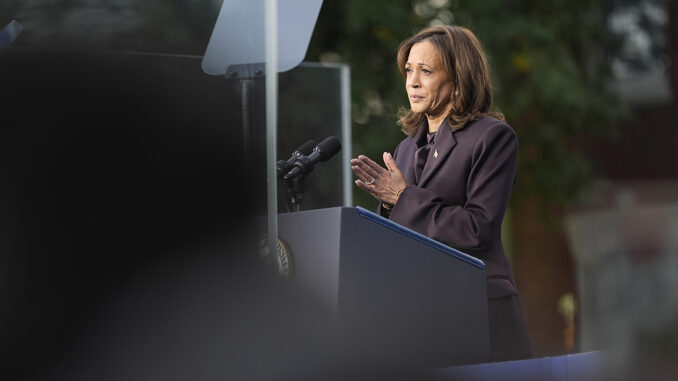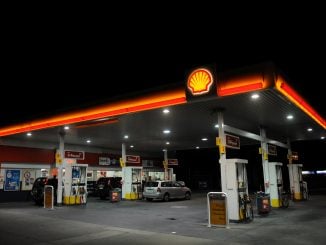
A few days before last week’s election, Bernie Sanders issued a dire warning to voters: “If Donald Trump is elected, the struggle against climate change is over.”
He had that right.
Climate change fanaticism was effectively on the ballot last week. The green energy agenda was decisively defeated.
It turns out that the tens of millions of middle-class Americans who voted for Trump weren’t much interested in the temperature of the planet 50 years from now. They’re too busy trying to pay the bills.
That result shouldn’t be too surprising. Every poll in recent years has shown climate change ranks near the bottom of voter concerns. Jobs, inflation and illegal immigration register much higher on the scale of concerns.
But if you asked the elite of America in the top 1% of income, climate change is seen as an immediate and existential threat to the planet. Our poll at Unleash Prosperity earlier this year found that the cultural elites were so hyperobsessed with climate issues, they were in favor of banning air conditioning, nonessential air travel and many modern home appliances to stop global warming. Our study showed that not many of the other 99% agree.
Wake up, Bernie and Al Gore.
Climate change has become the ultimate luxury good: The richer you are, the more you fret about it.
Among the elite, obsessing about climate change has become a favorite form of virtue signaling at the country club and in the faculty lounges. There is almost no cross the green elites — the people who donate six figures or more to groups like the Sierra Club — aren’t willing to make lower-income Americans bear to stop global warming.
Herein lies the political curse of the climate issue. A millionaire doesn’t care much if the price of gas rises by $1 per gallon or if they have to pay another $100 a month in utility bills. But the middle-class hates paying more.
It wasn’t just economic concerns that turned voters against climate crusaders like Joe Biden and Kamala Harris. Workers weren’t too thrilled with the heavy fist of government commanding them to buy an electric vehicle — whether they wanted one or not.
It hasn’t helped the greens’ cause that the same progressives out to save the planet with grandiose transformations and global government seem to have no problem with the garbage polluting the streets of our major cities, or the graffiti or the feces and urine smell on the street corners of San Francisco and New York City. That’s real pollution. And it’s affecting us here and now.
The good news is, this year’s voter revolt against the radical green agenda isn’t a vote for dirtier air or water. The air we breathe and the water we drink is cleaner than ever — a point that Trump correctly made. We will continue to make progress against pollution.
But the nonsense of “net zero” use of fossil fuels is a bridge way too far. The destruction of jobs historically held by blue-collar union workers ripped right into the heart of the Democratic Party’s traditional voting base.
In their zeal to save the planet, Democrats forgot to visit the steel mills, construction sites and auto plants to ask those workers what they thought.
Well, now we know. Americans recognize their shrinking paychecks and the higher price of gas they pay at the pump is the real clear and present danger to their way of life. If Democrats don’t start to get that, they too will go to bed worrying about their jobs.
Stephen Moore is a visiting fellow at the Heritage Foundation. He is also an economic adviser to the Trump campaign. His new book, coauthored with Arthur Laffer, is “The Trump Economic Miracle.”


